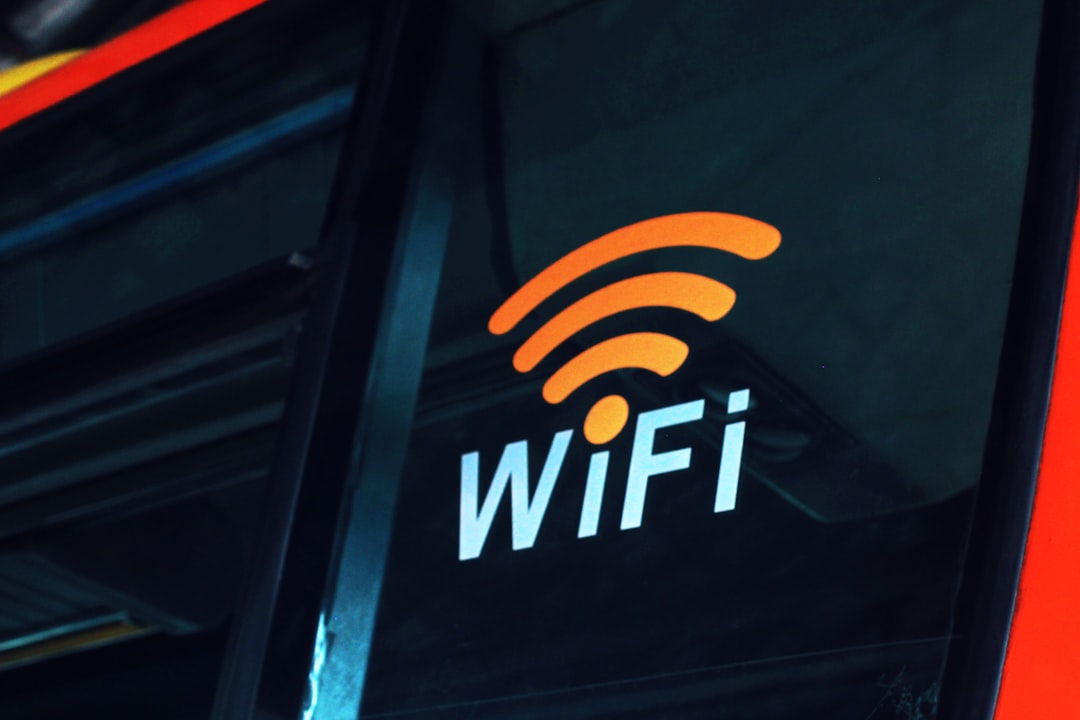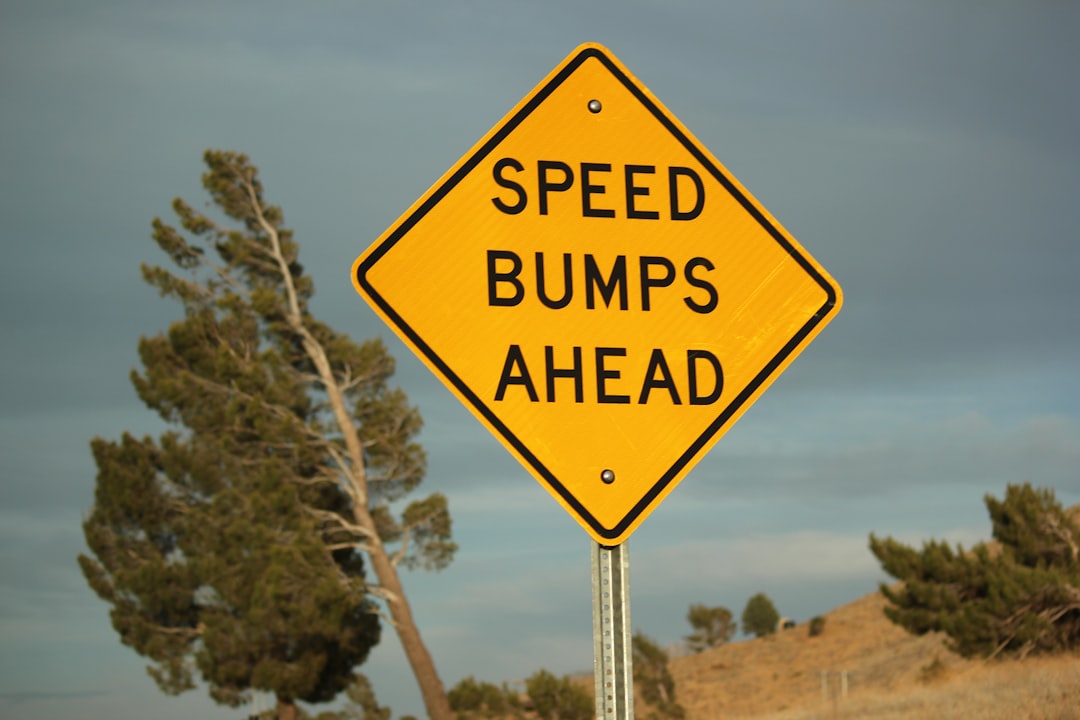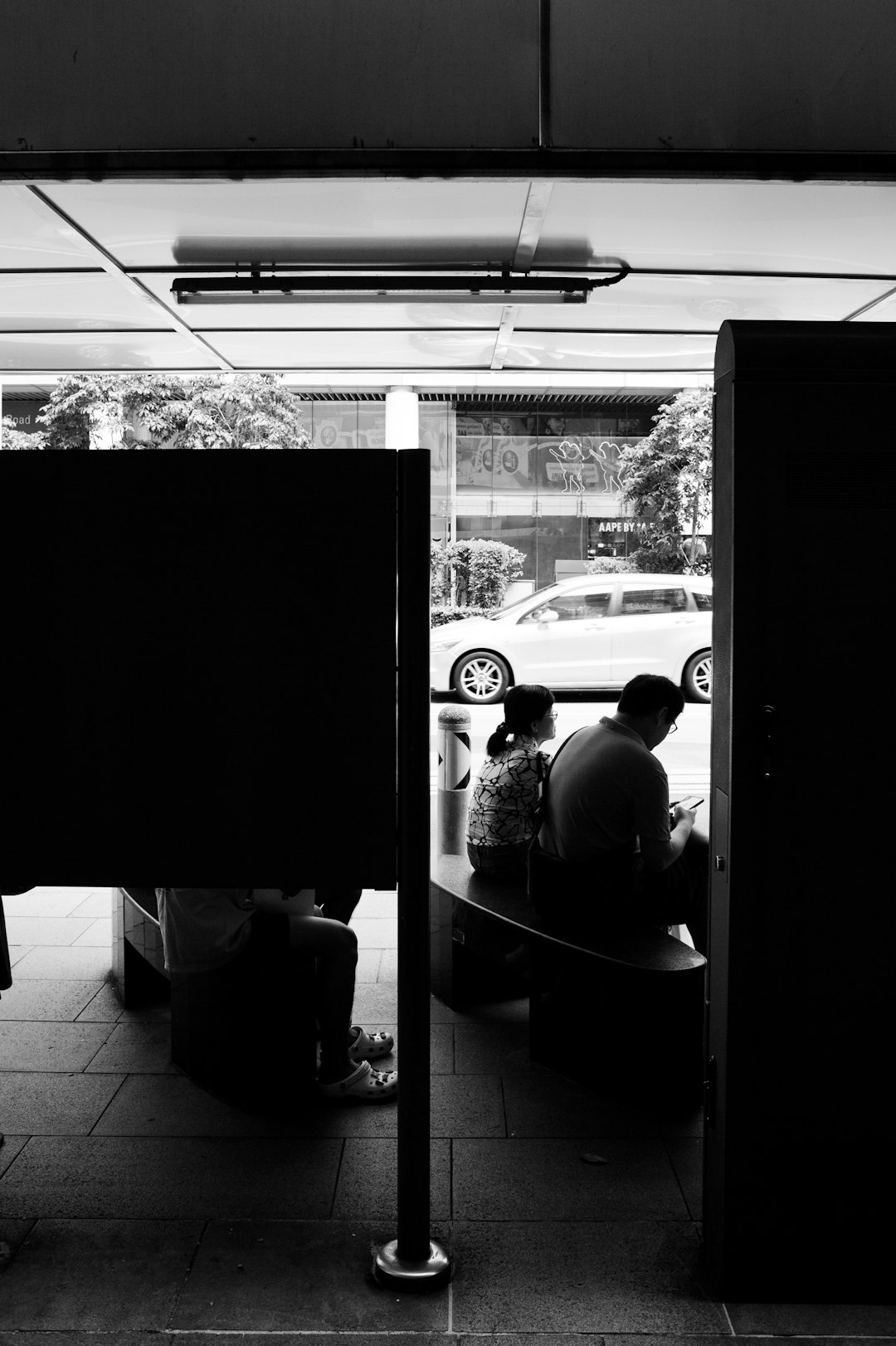Ever heard of a VPN and wondered what it actually does? You’re not alone. VPN stands for Virtual Private Network. But don’t worry—it’s not as boring (or complicated) as it sounds. In fact, it can be really handy, especially today when online privacy matters more than ever.
Let’s break it down. Imagine you’re at a coffee shop browsing on public Wi-Fi. It’s cozy until you remember—uh oh, it’s not safe! A VPN can swoop in like a digital superhero and keep you protected.
Below, we’ll explore the benefits of using a VPN and also take a peek at a few downsides. It’s all about helping you decide if it’s right for you.
Table of Contents
🛡️ Benefits of Using a VPN
1. Online Privacy (Bye, Nosey Neighbors!)
A VPN hides your IP address. That means websites can’t see where you’re really located. It’s like putting on a cloak of invisibility when you’re online.
Even your Internet provider can’t easily track your browsing habits. Your online life stays your own.
2. Safer on Public Wi-Fi
Public Wi-Fi is convenient…but risky. Hackers often snoop on these networks.
A VPN encrypts your connection. That makes it much harder for anyone to see what you’re doing. Even if someone’s lurking on the same Wi-Fi, your data is safe!
Image not found in postmeta
3. Access Content from Around the World
Ever opened Netflix and realized your favorite show isn’t available in your country? Frustrating, right?
With a VPN, you can connect to a server in a different country. That can help you unlock region-locked content.
It’s like having a passport to the internet.
4. Avoid Price Discrimination
Some websites show different prices depending on your location. Not cool.
Using a VPN, you might find cheaper flights, hotel rooms, or software just by pretending you’re browsing from somewhere else.
5. Prevent Tracking and Ads (To an Extent)
Advertisers follow you around online like puppies looking for treats. A VPN can help block some of that.
It’s not a total fix for ads, but it’s a great first step in keeping your web experience more private.
🚧 Drawbacks of Using a VPN
1. Slower Internet Speeds
Yep, it happens. All that encryption and bouncing your data around the world can slow things down.
Some VPNs are faster than others, but it might still feel like your internet had a cup of decaf.
Image not found in postmeta
2. They’re Not Always Free
While there are free options out there, most good VPNs charge a monthly or yearly fee.
Think of it as paying for better digital security—but yes, it’s another subscription in your life.
3. Not a Magic Wand
A VPN is helpful, but it won’t protect against viruses, phishing, or clicking on sketchy links.
You still need to be smart and safe online. Don’t go clicking every pop-up that says “Congratulations!”
4. Can Be Against Terms of Service
Some streaming services don’t like VPNs. If they detect one, they might block content or kick you out.
Always check what’s allowed before using your VPN for sneaky streaming.
🥳 So, Should You Use a VPN?
Probably, yes! Especially if you travel a lot, use public Wi-Fi, or care about privacy (which you should!).
But choose a trusted VPN provider. Do your research. A bad VPN is worse than no VPN at all.
And don’t forget—a VPN isn’t a cure-all. It’s one key part of staying secure online, but not the only one.
Image not found in postmeta
So go ahead, try one out. You might just wonder how you ever used the internet without it!




